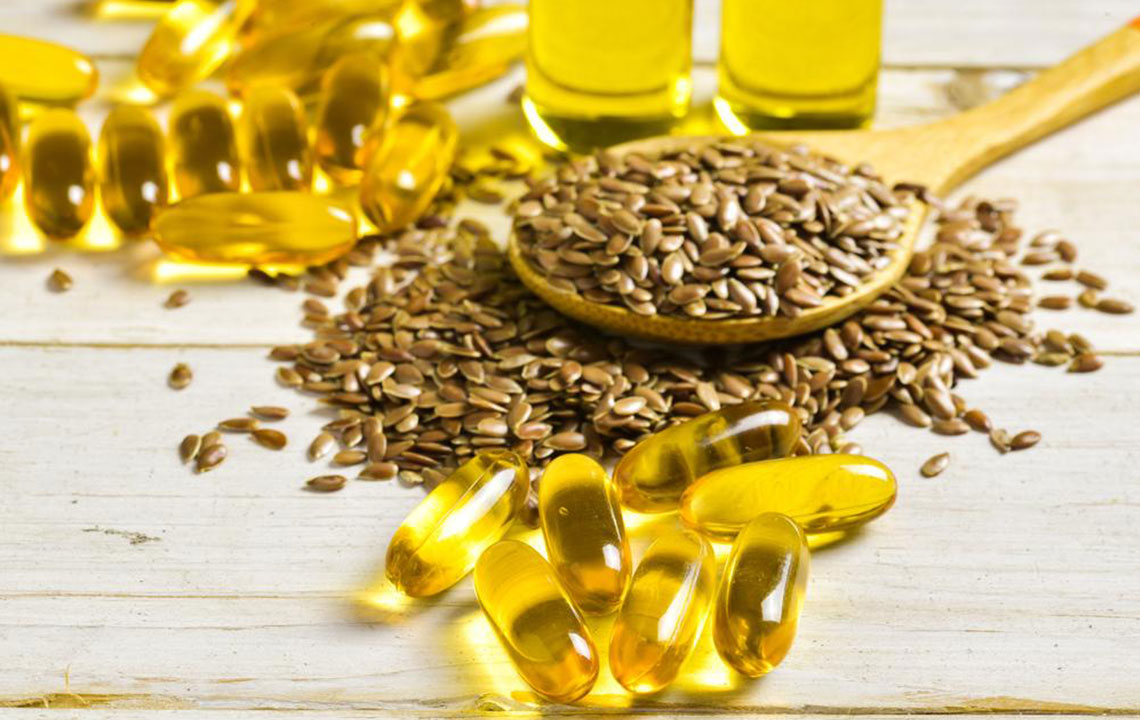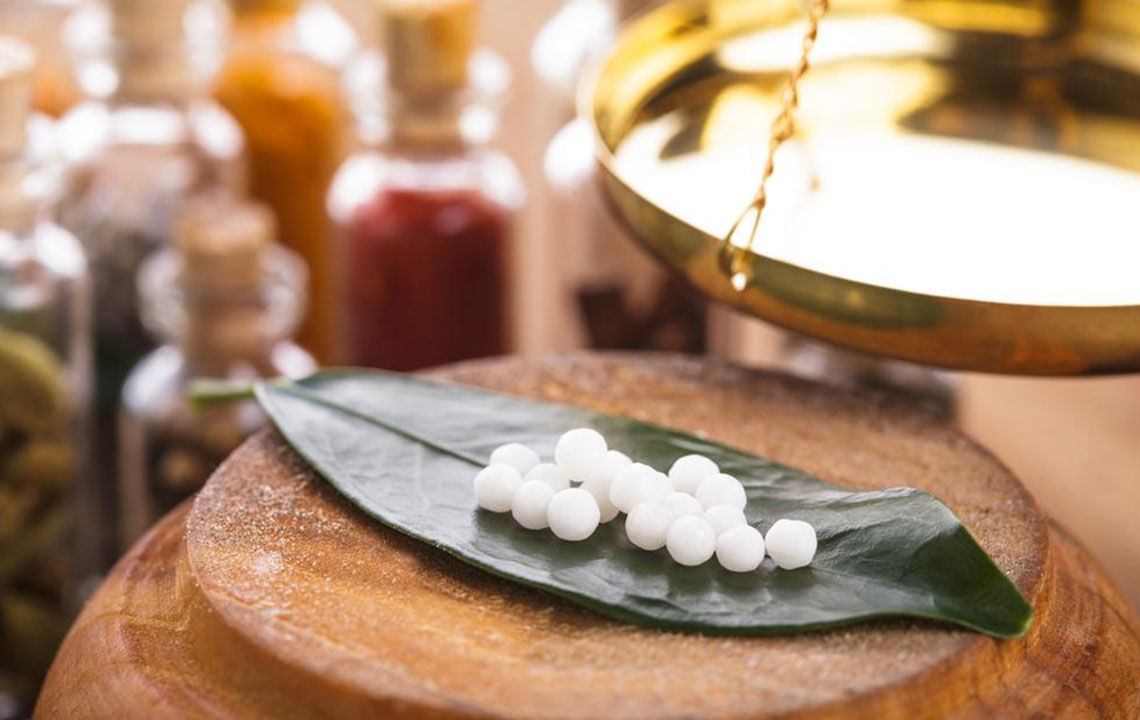Comprehensive Natural Strategies to Alleviate Psoriatic Arthritis Symptoms
Explore comprehensive natural remedies for managing psoriatic arthritis symptoms. This detailed guide covers effective herbal treatments like apple cider vinegar, aloe vera, capsaicin, turmeric, and tea tree oil. Combining these natural approaches with lifestyle modifications—including diet, exercise, stress management, and proper joint care—can help reduce inflammation, alleviate pain, and improve quality of life. Suitable for those seeking alternative or supplementary therapies, this article provides practical advice to support holistic management of psoriatic arthritis. Always consult healthcare professionals before starting new treatments for best results.

Holistic Natural Treatments for Managing and Relieving Psoriatic Arthritis Pain
Psoriatic arthritis is a complex, progressive autoimmune condition that develops as a complication of psoriasis. It profoundly affects joint health, causing inflammation, swelling, stiffness, and pain, often accompanied by visible skin patches. The disease manifests in various forms, including symmetric patterns affecting both sides of the body, asymmetric presentations, inflammation of distal interphalangeal (DIP) joints, spondylitis involving the spine, and in severe cases, mutilating deformities that compromise mobility. Managing psoriatic arthritis requires a comprehensive approach as inflammation directly exacerbates joint damage and discomfort.
While conventional medicine provides targeted therapies, many individuals seek natural alternatives to reduce symptoms, enhance well-being, and improve overall quality of life. Natural remedies, harnessing common plant-based ingredients, complement medical treatments by addressing inflammation, itching, and pain. Integrating these herbal solutions with lifestyle modifications can significantly contribute to symptom control and disease management.
Below, we delve into five highly effective natural remedies that have shown promise in alleviating psoriatic arthritis symptoms, along with recommendations for lifestyle changes that support holistic health.
Apple Cider Vinegar
Celebrated for its versatility in skin and health care, apple cider vinegar possesses natural anti-itch and anti-inflammatory properties. Its acetic acid component can help soothe irritated skin, including itchy scalps and patches affected by psoriasis and psoriatic arthritis. Applying diluted apple cider vinegar topically can provide symptomatic relief; however, it should never be used on broken or blistered skin, as it may cause irritation. For best results, mix one part vinegar with two to three parts water, and gently massage onto affected areas. This natural remedy can be incorporated into your skincare routine alongside medical therapies, providing a gentle way to manage skin discomfort.
Aloe Vera
Long admired for its healing and soothing effects on skin ailments, aloe vera gel offers powerful anti-inflammatory and hydrating benefits. When applied to inflamed patches, aloe vera promotes skin regeneration, reduces redness, and eases irritation caused by psoriatic lesions. It contains compounds that suppress inflammatory pathways, thereby alleviating joint and skin symptoms. To maximize benefits, use pure aloe vera gel, either fresh from the plant or purchased from trusted sources. Regular application can benefit those with persistent skin plaques. For comprehensive management, aloe vera can be combined with other natural therapies and used as part of a broader skin health routine, always under medical supervision for long-term treatment plans.
Capsaicin
Extracted from chili peppers, capsaicin is renowned for its pain-relieving properties. It works by desensitizing nerve endings and blocking pain signals, making it an effective topical treatment for joint discomfort. Capsaicin creams and ointments are widely available and can be applied to affected joints to reduce inflammation-induced pain. However, users should exercise caution, especially with sensitive skin, as capsaicin may cause a burning sensation or irritation if improperly used. Starting with small amounts and following professional guidance can optimize outcomes. Combining capsaicin with other natural remedies and adhering to a consistent application routine can help manage chronic joint pain associated with psoriatic arthritis.
Turmeric
Known globally for its medicinal properties, turmeric contains curcumin, a compound with potent anti-inflammatory and antioxidant effects. Regular inclusion of turmeric in meals or the use of turmeric-based topical creams can help combat systemic inflammation, thereby alleviating joint swelling and pain. Scientific studies support curcumin’s role in modulating inflammatory cytokines, which are elevated in psoriatic arthritis. Its affordability and safety profile make turmeric an accessible option for long-term management. For maximum absorption, combining turmeric with black pepper or consuming it with healthy fats enhances bioavailability. As part of a holistic approach, turmeric can significantly aid in controlling disease progression and enhancing mobility.
Tea Tree Oil
Extracted from Melaleuca alternifolia, tea tree oil possesses antimicrobial, anti-inflammatory, and immunomodulatory properties. It can help reduce skin inflammation, soothe itching, and combat bacterial or fungal infections that sometimes worsen psoriatic skin lesions. Due to its potent nature, tea tree oil should be diluted before application—adding a few drops to a carrier oil like coconut or jojoba oil. It’s suitable for use in lotions, soaps, or bath products. However, caution is advised as some individuals may experience allergic reactions; patch testing before extensive use is recommended. Consulting a healthcare provider ensures safe integration into your skin and joint care routine.
In addition to these herbal treatments, lifestyle modifications play a crucial role in managing psoriatic arthritis. Maintaining a balanced diet rich in anti-inflammatory foods, engaging in low-impact exercises such as swimming or yoga, managing stress through meditation or mindfulness practices, and ensuring adequate rest and sleep are essential components of a holistic approach. Protecting joints from undue strain by avoiding repetitive motions and overstressing can prevent further damage. Weight management is also vital, as excess weight increases stress on the joints and worsens symptoms. Regularly consulting healthcare providers and integrating natural remedies with prescribed treatments can lead to more effective disease control and an improved quality of life. Embracing these strategies can empower individuals to manage their symptoms proactively while promoting overall well-being.





